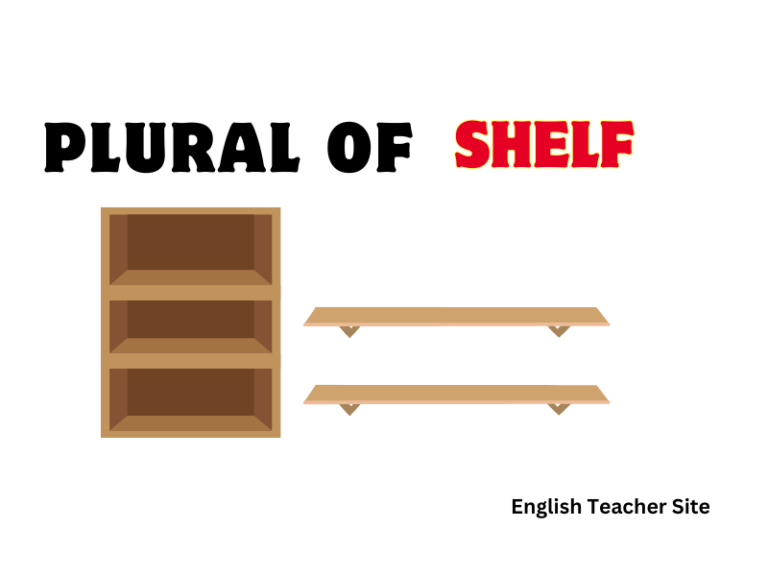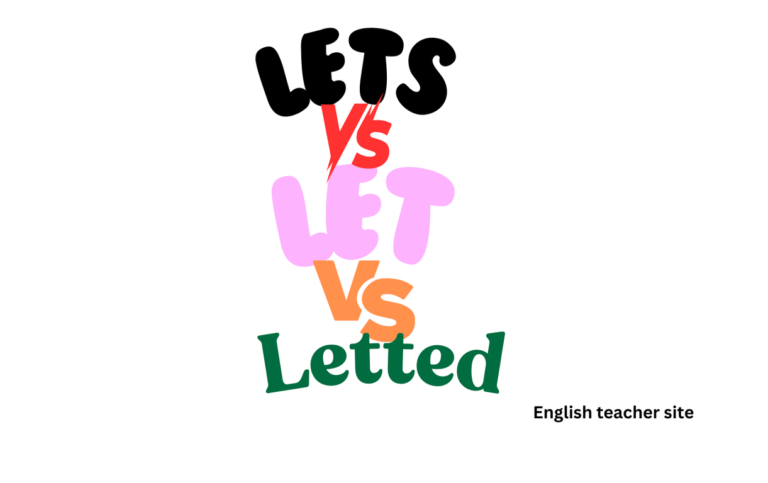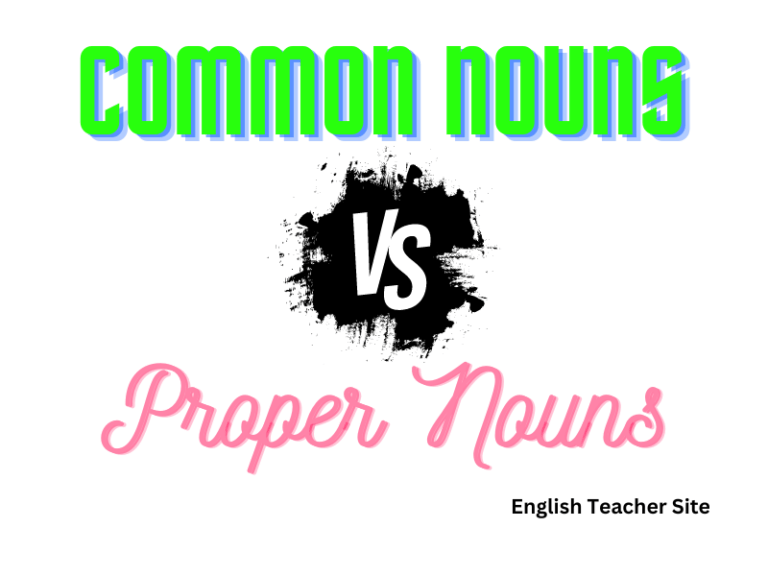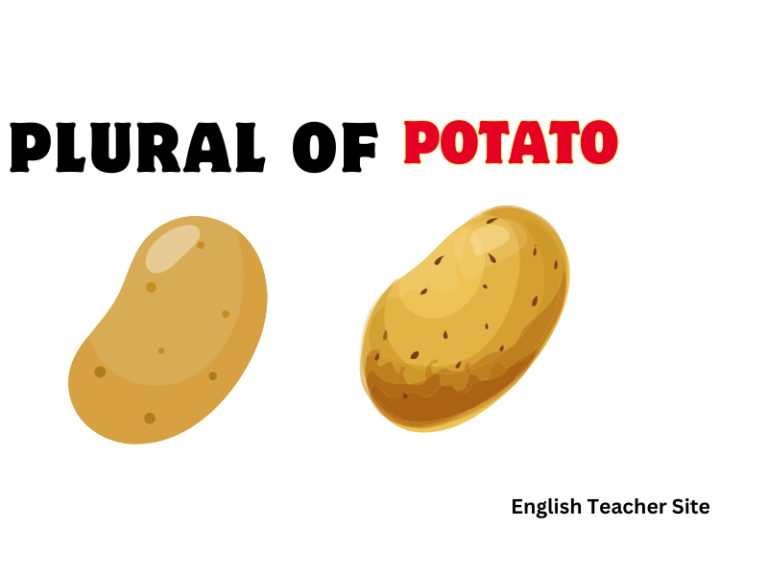What’s the Plural of Scissors: Understanding Regular and Irregular Plurals
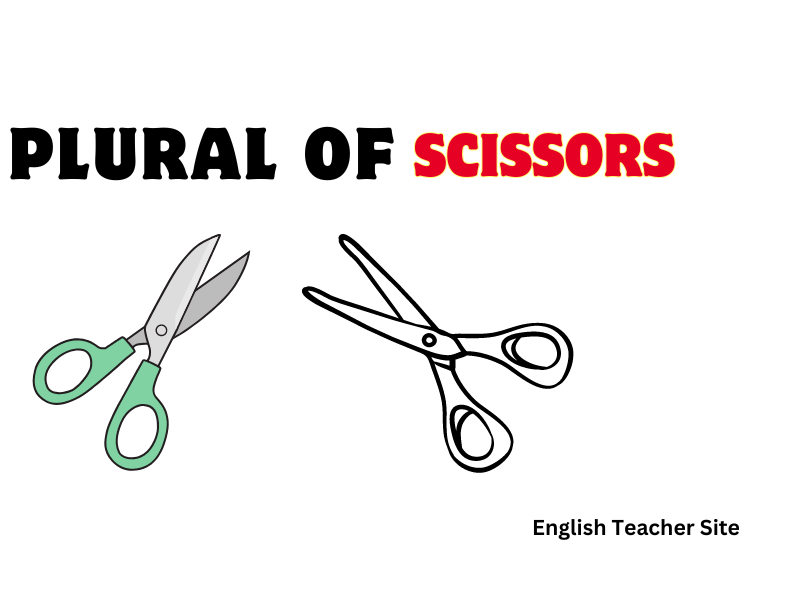
- “Scissors” is used in the same form as both singular and plural noun.
- To denote one unit of scissors, the term “a pair of” is used.
- This noun is categorized as “plural-only,” always taking a plural verb form.
This noun falls into the category of “plural-only” or “non-count” nouns, meaning they only appear in plural form. To specify a singular item, we typically add the phrase “a pair of” in front of “scissors.” When referring to more than one, we say “pairs of scissors.” The word “scissors” refers to a cutting instrument with two pivoting blades, and it is always treated as a plural noun in terms of verb agreement—hence, we say “the scissors are” rather than “the scissors is.”
What’s the Plural of “Scissors”?
When it comes to its grammatical number, scissors is a plural noun with no singular form.
The proper way to refer to a single item is by saying a pair of scissors, while multiple items are referred to as pairs of scissors. It’s crucial to understand that even when discussing a single tool, we use the term pair because scissors consist of two connected parts that work together.
Usage Examples
- Singular:
- I need a pair of scissors to cut this paper.
- Plural:
- All students must bring their own pairs of scissors for the art project.
Counting With Scissors
Below are tables illustrating the correct format for singular and plural forms of scissors:
Singular Use
| Quantity | Correct Phrase |
|---|---|
| 1 | a pair of scissors |
Plural Use
| Quantity | Correct Phrase |
|---|---|
| 2 | two pairs of scissors |
| 3 | three pairs of scissors |
| Multiple | several pairs of scissors |
In Context
- Scissors always appear in the plural form.
- A single unit is described as a pair of scissors.
- Multiple units are pairs of scissors.
- Scissors are considered a plural-only noun.
Scissors: Singular or Plural?
Scissors exists as a plural noun and lacks a singular counterpart. When referring to this object, one specifies “a pair of scissors” or “pairs of scissors.”
| Common Incorrect Usage | Correct Usage |
|---|---|
| A scissor | A pair of scissors |
| Two scissor | Two pairs of scissors |
The complexity of scissors is highlighted when it comes to agreement with verbs and quantifiers:
- Singular verb agreement: The pair of scissors is on the table.
- Plural verb agreement: The scissors are dull and need sharpening.
| Situation | Example |
|---|---|
| Indicating quantity | Three pairs of scissors |
| Singular collective phrase | A complete set of scissors for the class |
Understanding Scissors
| Singular Usage | Plural Usage |
|---|---|
| The scissors is sharp. | These scissors are sharp. |
However, what’s curious about “scissors” is its lack of a singular counterpart in modern usage. Historically, the word “scissor” did exist, but it has fallen out of common use.
When needing to express multiple units, it’s customary to preface the word with “pair of” or “pairs of”:
- One pair of scissors
- Three pairs of scissors
The structure of the noun also invites certain questions about its possession form and collective usage:
- The tailor’s scissors are dull.
- A set of scissors was purchased for the art class.
“Plural-Only” Nouns
Here are two categories of plural-only nouns that often cause confusion:
Items with Two Parts
| Plural-Only Noun | Description |
|---|---|
| scissors | A cutting instrument with two blades |
| trousers | An item of clothing for the lower body with two legs |
| glasses | Eyewear aiding vision or protecting eyes |
Collective Terms
| Plural-Only Noun | Description |
|---|---|
| clothes | Garments worn on the body |
| groceries | Items of food sold in a grocery store |
| thanks | An expression of gratitude |
Examples of sentences with plural-only nouns include:
- The scissors are on the table.
- His glasses are tinted.
- Her clothes are freshly laundered.
Scissors in Context
Here is how “scissors” can be utilized properly in different contexts:
| Singular Reference | Plural Reference |
|---|---|
| a pair of scissors | multiple pairs of scissors |
| one pair of scissors | two pairs of scissors |
| this pair of scissors | several pairs of scissors |
In everyday language, it’s common to hear phrases that exemplify this:
- “The tailor reached for a pair of scissors.”
- “There are three pairs of scissors in the drawer.”
The usage of “scissors” adheres to certain rules, notably:
- Use “scissors” as a plural noun when not quantified by numbers.
- Always pair “scissors” with a plural verb, as in “the scissors are on the table.”
These guidelines ensure precise communication and adherence to standard English conventions. Here’s a simple list to remember:
- Scissors are always plural.
- Quantify with “pair” or “pairs.”
- Use with plural verbs.
- No change for the singular or plural form.
Origin of the Word Scissors
The term scissors comes from a rich linguistic history. Middle English used the word shears, deriving from Old English scearra. Over time, the term evolved, influenced by the Proto-Germanic sker- meaning “to cut.” This Proto-Indo-European root, sker-, is central to the word’s ancestry. It’s the same root from which the German word Schere stems.
| Language | Term |
|---|---|
| Middle English | sheres |
| Old English | scearra |
| Proto-Germanic | sker- |
| German | Schere |
In parallel, the term’s evolution was also influenced by Latin. The Latin cīsus or the past participle of caedō, “to cut,” played a part in shaping the word. Vulgar Latin used the term cīsōria—a plural that later manifested in Old French as cisoires.
| Latin | Meaning |
|---|---|
| cīsus/caesus | “cut” / “to cut” |
| cīsōria | “cutting tool” |
| cisoires | (Old French) |
The modern word “scissors” captures both the function and the form of this cutting tool—two blades that slide past each other, a design that has remained consistent for centuries. What’s fascinating is that the plural nature of the word has persisted, a subtle nod to its form—two distinct blades working in tandem. This usage reflects a common grammatical pattern where tools comprised of two joined parts are referred to in the plural.
- Noteworthy developments in the term’s history:
- The Old French cisoires transitioned into Middle English as sisours.
- The term set roots in the English language and became “scissors” around the 16th century.
- Even as a plural noun, “scissors” frequently takes a singular verb in modern usage.
Sources
My name is Khamis Maiouf. I am the creator of the English Teacher Site, dedicated to providing valuable resources and insights for students around the world. With a passion for education and a commitment to helping students enhance their skills, I aim to make English teaching more effective and enjoyable for both educators and students.

